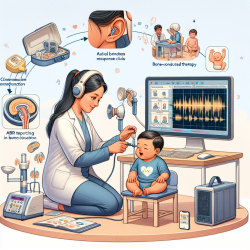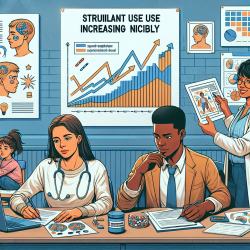Unlocking the Potential of Retail Pharmacies in Low- and Middle-Income Countries
In the quest for universal health coverage, the role of retail pharmacies in low- and middle-income countries (LMICs) has become increasingly significant. A recent study titled "Contracting retail pharmacies as a source of essential medicines for public sector clients in low- and middle-income countries: a scoping review of key considerations, challenges, and opportunities" sheds light on the potential of retail pharmacies to expand access to essential medicines (EMs) and improve health outcomes.
Key Considerations for Contracting Retail Pharmacies
The study identifies several key dimensions that public payers should consider when contracting retail pharmacies:
- Governance and Regulation: Ensuring that retail pharmacies comply with public health standards and business regulations.
- Contracting and Reimbursement: Establishing fair reimbursement rates that balance business viability with affordability.
- Medicine Affordability: Protecting end-users from financial hardship while ensuring sustainability for public payers.
- Equitable Access: Promoting geographic equity in accessing retail pharmacies.
- Quality of Care: Supporting patient-centered pharmaceutical services and ensuring product quality.
Opportunities and Challenges
Public-private partnerships offer a promising pathway to increase access to EMs. However, managing these partnerships requires careful consideration of various factors:
- Balancing Business Viability with Affordability: Ensuring that reimbursement rates are attractive to retail pharmacies while keeping medicines affordable for patients.
- Incentivizing Equitable Access: Encouraging the establishment of pharmacies in underserved areas to improve geographic access.
- Ensuring Quality of Care: Implementing supervision and inspection mechanisms to maintain high standards of care.
- Task-Sharing: Empowering pharmacies to take on more primary care responsibilities through training and regulatory reforms.
- Addressing Human Resource Constraints: Leveraging digital tools to enhance pharmacy management and staff training.
Implementing Effective Strategies
To harness the full potential of retail pharmacies, public payers must adopt a systems approach that considers the business, industry, and regulatory contexts alongside health system needs. This includes:
- Utilizing digital technology to reduce supervision costs and improve pharmacy management.
- Providing financial incentives for pharmacies to obtain medicines at lower prices.
- Encouraging task-sharing to expand access points and improve service delivery.
Conclusion
Retail pharmacies hold great promise in improving access to essential medicines in LMICs. By addressing key challenges and leveraging opportunities, public payers can create effective partnerships that enhance health outcomes. Practitioners are encouraged to explore these strategies further and consider how they can be applied in their contexts.
To read the original research paper, please follow this link: Contracting retail pharmacies as a source of essential medicines for public sector clients in low- and middle-income countries: a scoping review of key considerations, challenges, and opportunities.










